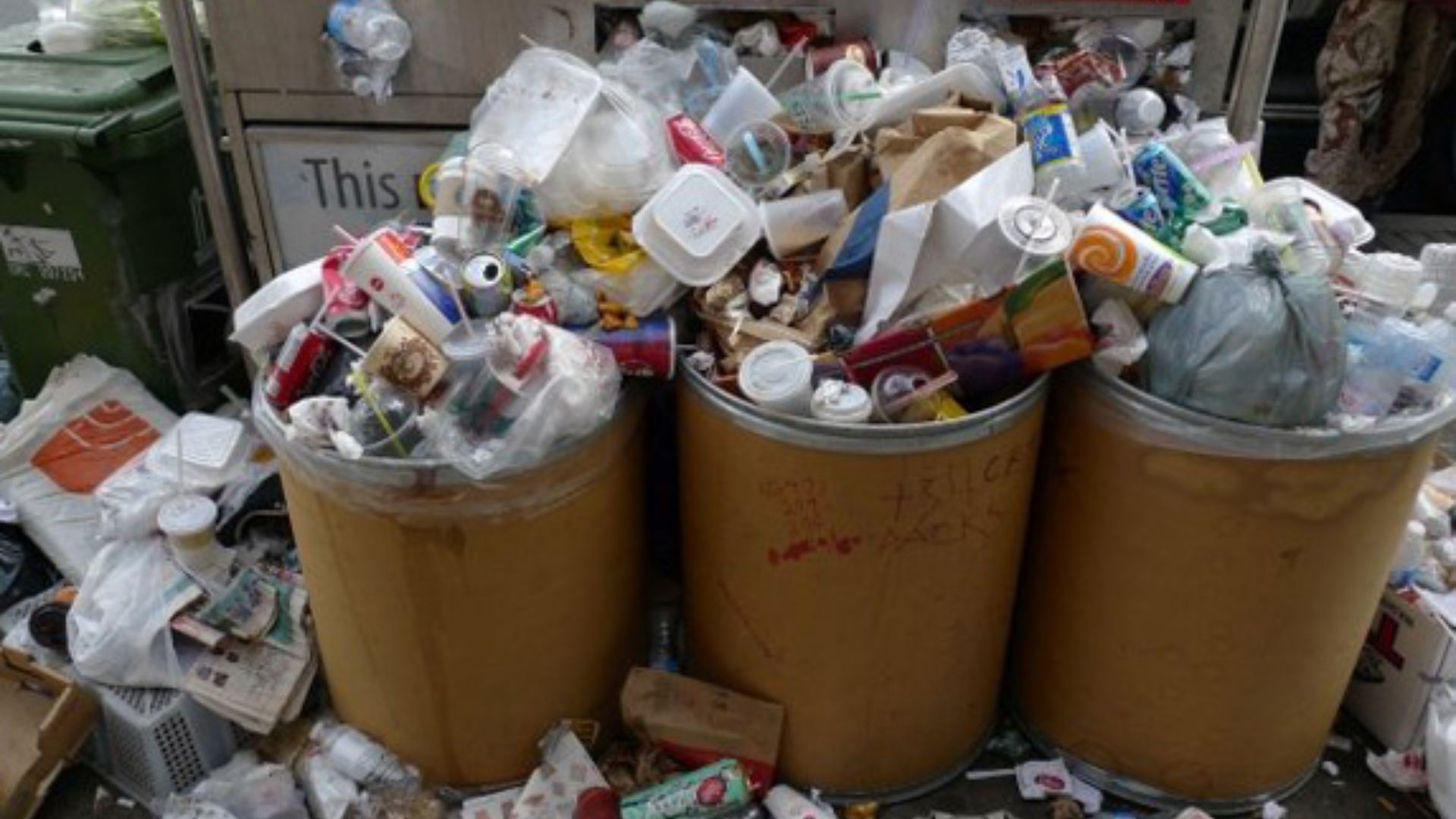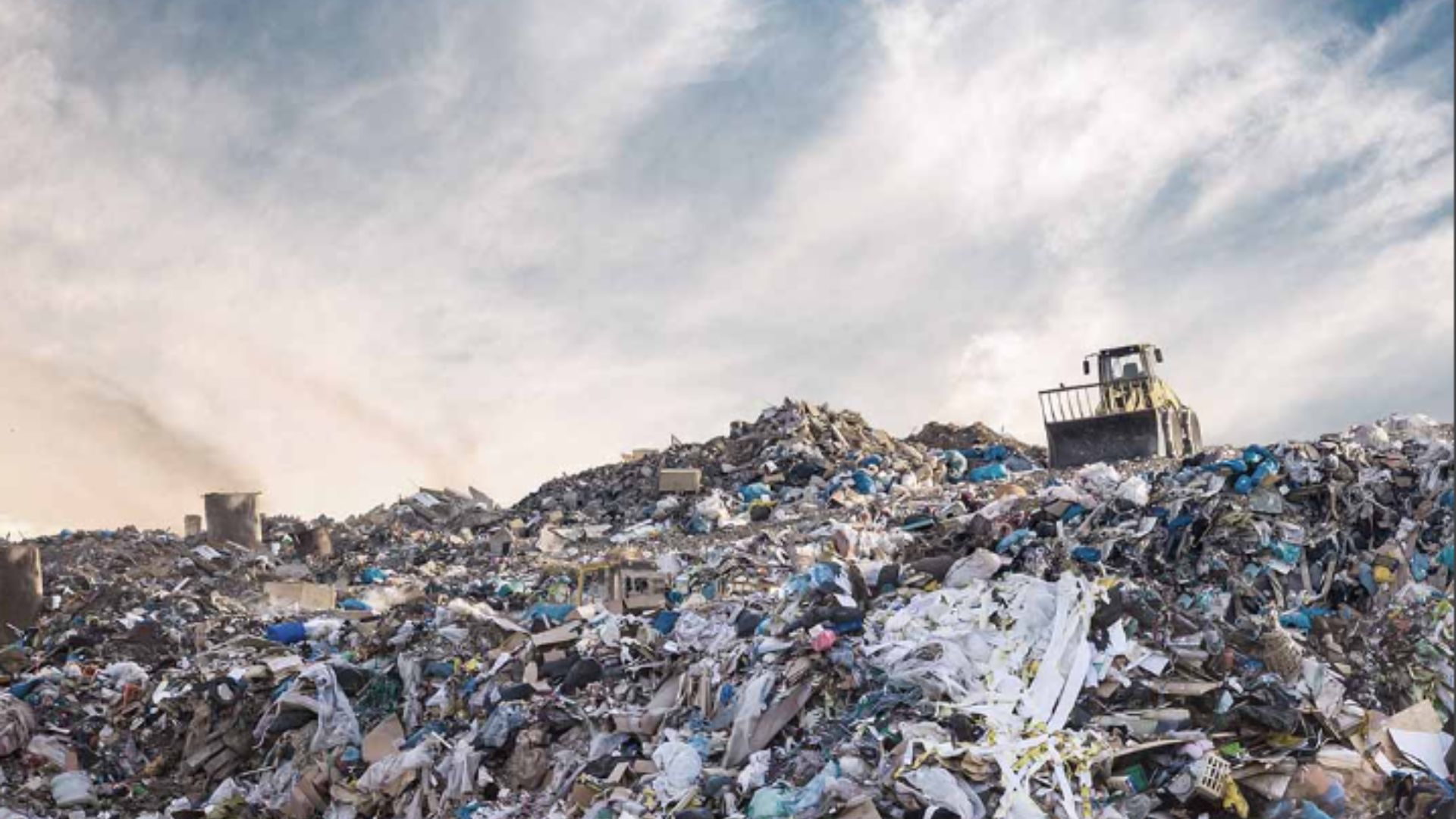In today’s environmentally conscious world, sustainable practices are no longer just a feel-good initiative; they represent a sound business strategy. This blog post explores the compelling business case for sustainable waste management, highlighting the cost-saving benefits, improved brand reputation, and positive environmental impact it can deliver. By embracing sustainable waste management practices, businesses can not only reduce their environmental footprint but also unlock significant financial advantages.

Economic Advantages: Reducing Costs Through Sustainable Practices
Sustainable waste management offers a multitude of economic benefits for businesses:
- Reduced Waste Disposal Costs: Minimizing waste generation translates directly to lower landfill fees and waste hauling expenses. Implementing practices like source reduction and recycling can significantly decrease the amount of waste requiring disposal.
- Enhanced Resource Efficiency: Sustainable practices encourage businesses to optimize resource utilization. This can involve using recycled materials in production, minimizing energy consumption, and reducing water usage. These measures lead to cost savings on raw materials and utilities.
- Lower Operational Costs: Streamlining waste management processes can improve operational efficiency. Implementing practices like on-site sorting and composting can reduce the need for external waste management services, leading to cost savings.
- Compliance Advantages: Stricter environmental regulations are becoming increasingly common. Also, businesses that embrace sustainable waste management practices are better positioned to comply with these regulations and avoid potential fines or penalties.
In essence, sustainable waste management promotes a cost-conscious approach to business operations.
Brand Reputation and Customer Loyalty
Consumers are becoming increasingly environmentally conscious. Furthermore, businesses that demonstrate a commitment to sustainability through responsible waste management practices can cultivate a positive brand image:
- Enhanced Brand Reputation: A reputation for sustainability attracts environmentally conscious consumers. Also, consumers are more likely to choose brands that demonstrate a commitment to reducing their environmental impact.
- Improved Customer Loyalty: Sustainable practices foster customer loyalty. In addition, caustomers who value environmental responsibility are more likely to remain loyal to brands that share their values.
- Stronger Marketing Potential: A commitment to sustainability can be a powerful marketing tool. Also, businesses can leverage their sustainability efforts in marketing campaigns to attract environmentally conscious consumers.
Sustainable waste management allows businesses to differentiate themselves within a competitive marketplace and build stronger customer relationships.
Environmental Stewardship: Beyond the Bottom Line
While the economic benefits are undeniable, sustainable waste management practices also contribute to a healthier planet:
- Reduced Environmental Impact: Minimizing waste generation and promoting recycling reduces the pressure on landfills and conserves natural resources. It also lowers greenhouse gas emissions associated with waste transportation and disposal.
- Conservation of Resources: Efficient resource utilization through sustainable practices helps conserve precious natural resources like water, timber, and minerals. This ensures a more sustainable future for generations to come.
- Improved Public Health: Responsible waste management reduces pollution and promotes cleaner air and water. This contributes to a healthier environment for employees, communities, and the planet as a whole.
Sustainable waste management is not just about cost savings; it’s about taking responsibility for our environmental footprint and contributing to a more sustainable future.
Conclusion
In conclusion, the business case for sustainable waste management is clear. Therefore, by implementing sustainable practices, businesses can realize significant cost savings, enhance their brand reputation, and contribute to a healthier planet. In today’s competitive landscape, garbage management is no longer just a good idea; it’s a smart business decision. Hence start exploring sustainable garbage management solutions for your business today and reap the economic, environmental, and reputational benefits it offers.



